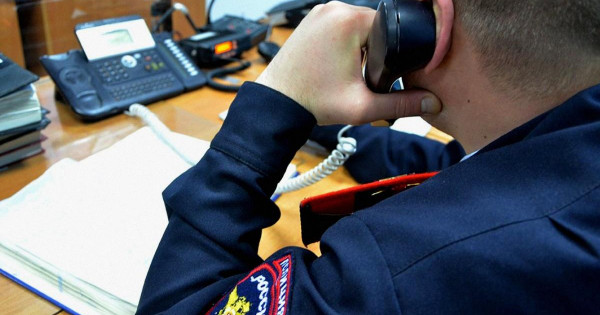How to attract for a deliberately false denunciation?
Deliberately false denunciation
Knowingly false denunciation (Article 306 of the Criminal Code of the Russian Federation) – this message about a crime that did not exist and could not have been, is punishable by a fine of up to 120,000 rubles or in the amount of salary/income for up to a year, or compulsory labor for up to 480 hours, or correctional labor for up to 2 years, or arrest for up to 6 months, or imprisonment for up to two years.
In order to attract a deliberately false denunciation, a number of conditions are necessary:
1. The information must be really made up;
2. This should be a real crime, not an administrative offense or just a situation;
3. The information should relate to specific events;
4. The person should know in advance that the information is false;
5. The person who reported the information, according to Part 6 of Article 141 of the Criminal Procedure Code of the Russian Federation, must be warned in writing and on receipt of criminal liability for knowingly false denunciation, and he must be explained what a knowingly false denunciation is, explain the rights and obligations. But, as practice shows, the provisions of Part 6 of art. 141 of the Code of Criminal Procedure of the Russian Federation are ignored, and a case can be initiated, even if you have not read anything on receipt.
The difficulty lies in proving intent, because it is unlikely that a person will openly say that he just made a bad joke. Therefore, there are a number of conditions under which criminal cases are initiated automatically:
1. Reports on acts of terrorism (will be qualified under Article 207 of the Criminal Code of the Russian Federation).
2. Reports of murders in precise formulations, especially about the murder of minors.
3. Reports of acts of vandalism of protected cultural objects.
4. Reports of corruption in point formulations. Example: "Traffic police officers took a bribe from me in the amount of 5 thousand rubles by transfer to the card." If the results of the audit reveal that there was no transfer, then this is 306 of the Criminal Code of the Russian Federation.
In other cases, you will have to tinker with proving intent.

